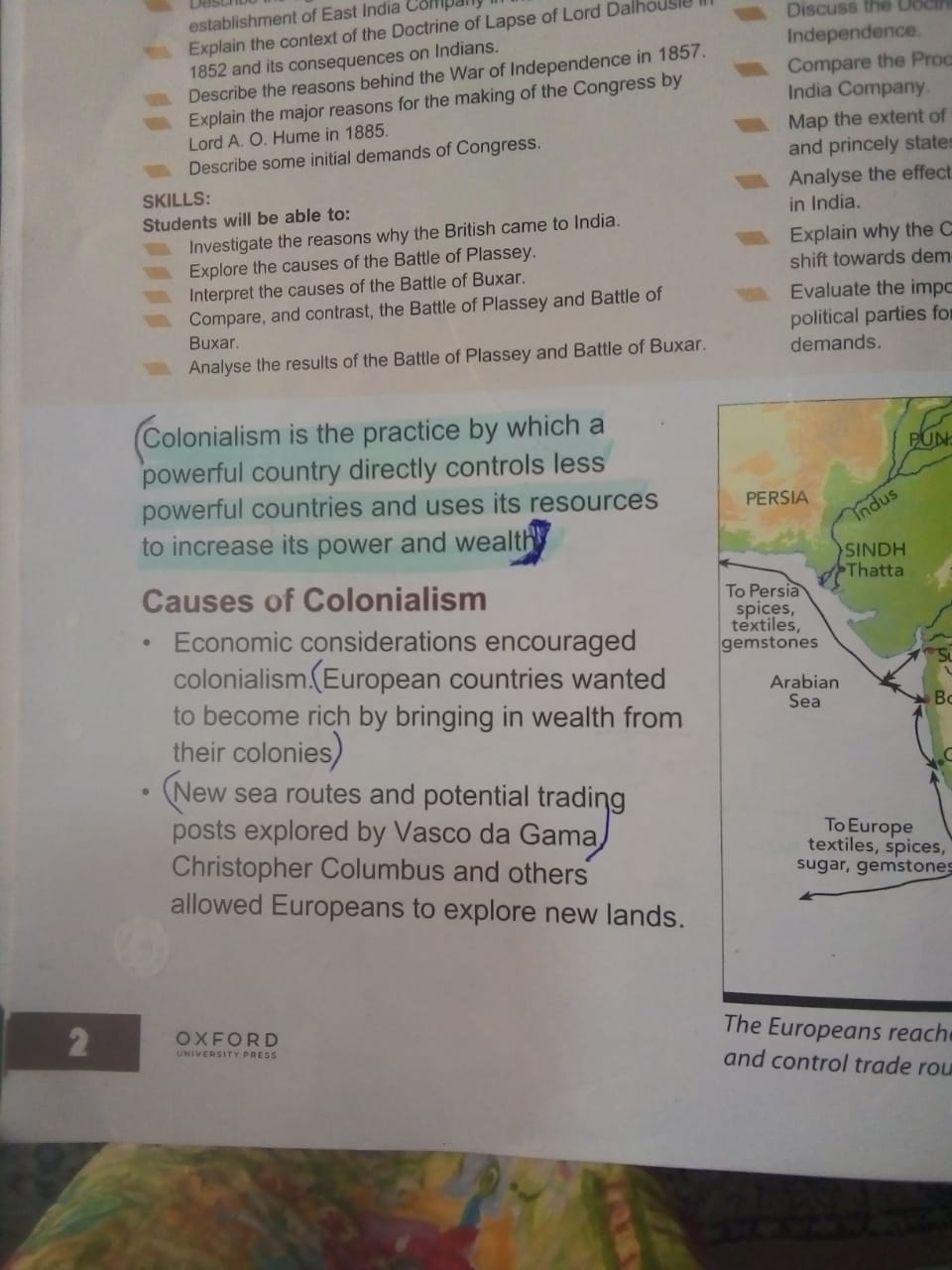What is colonialism and what are its causes?

Understand the Problem
The question is focused on understanding the concept of colonialism and its causes, particularly in the context of why European countries sought to control less powerful regions and the economic motivations behind such actions.
Answer
Colonialism involves controlling and exploiting less powerful nations for wealth and power. Causes include economic gain and exploration.
Colonialism is the practice by which a powerful country directly controls less powerful countries and uses their resources to increase its power and wealth. Causes include economic motivations, such as wealth from colonies, and exploration of new trading routes.
Answer for screen readers
Colonialism is the practice by which a powerful country directly controls less powerful countries and uses their resources to increase its power and wealth. Causes include economic motivations, such as wealth from colonies, and exploration of new trading routes.
More Information
Colonialism often resulted in significant cultural and economic changes in the controlled areas. European powers especially pursued it for expanding their wealth and influence.
Tips
Common mistakes include underestimating the cultural impact and assuming all colonies are controlled in the same manner. Always consider economic, cultural, and political influences.
Sources
- Colonialism - National Geographic - nationalgeographic.com
- What Is Colonialism? - CFR Education - education.cfr.org
AI-generated content may contain errors. Please verify critical information